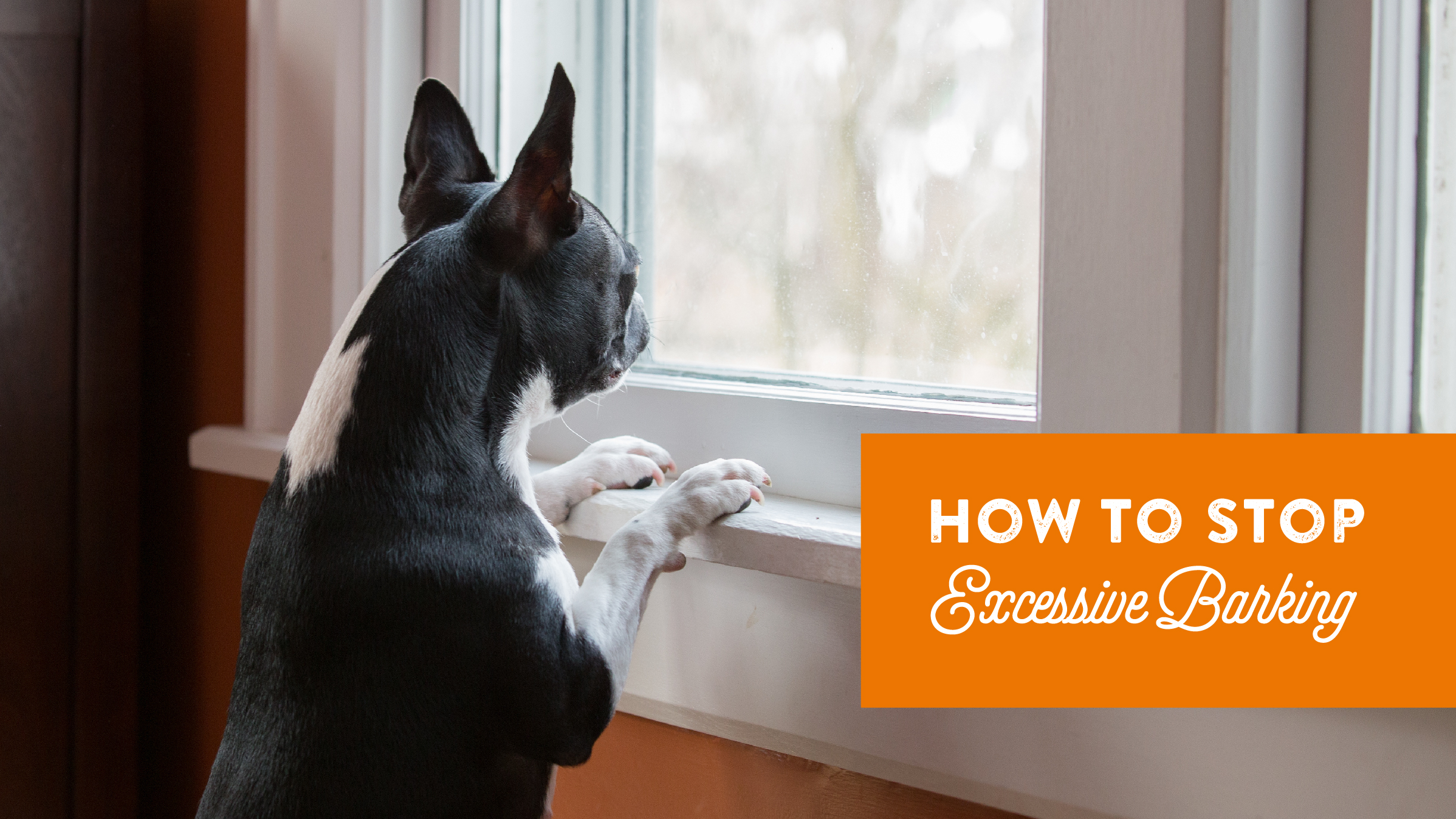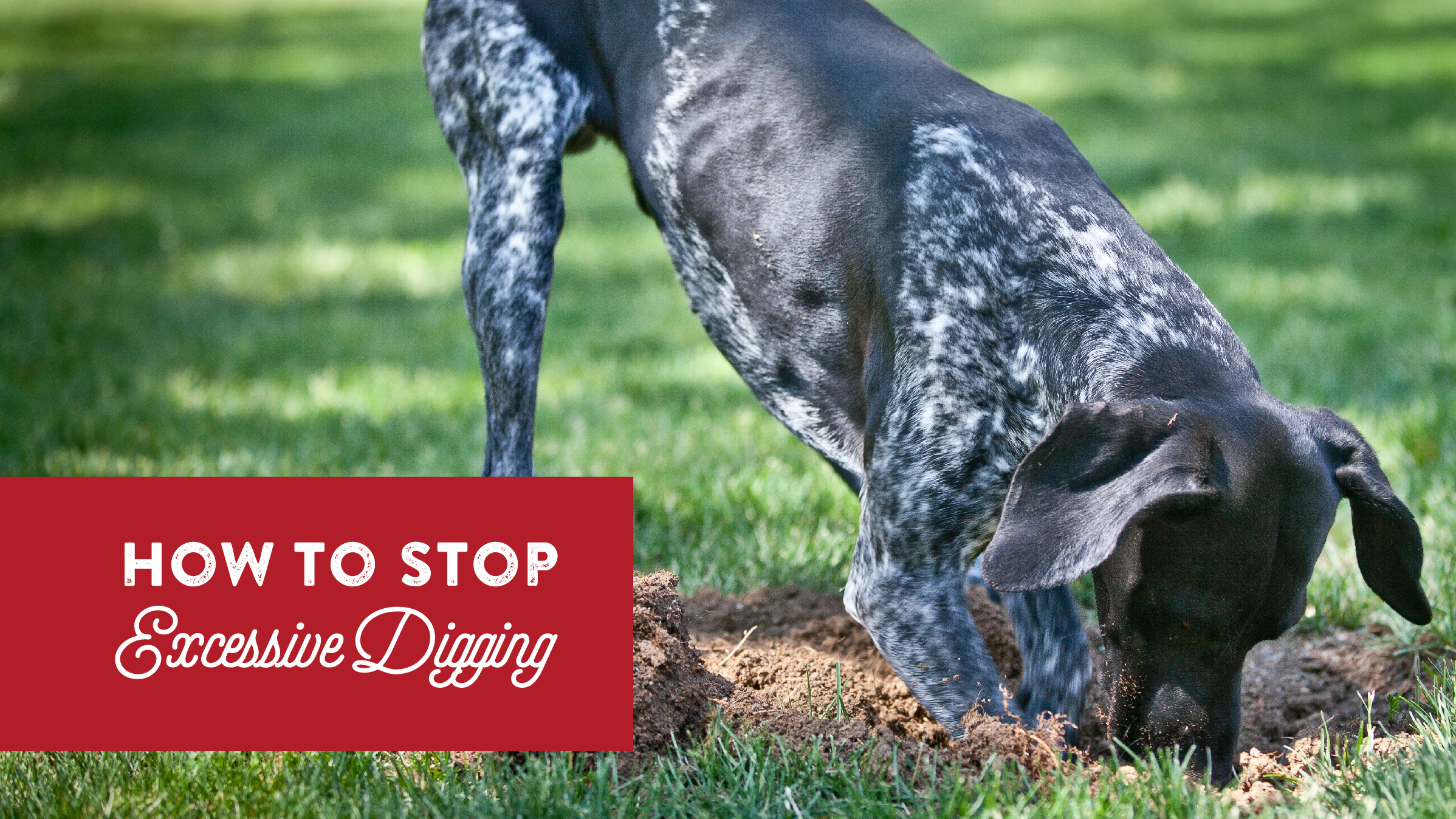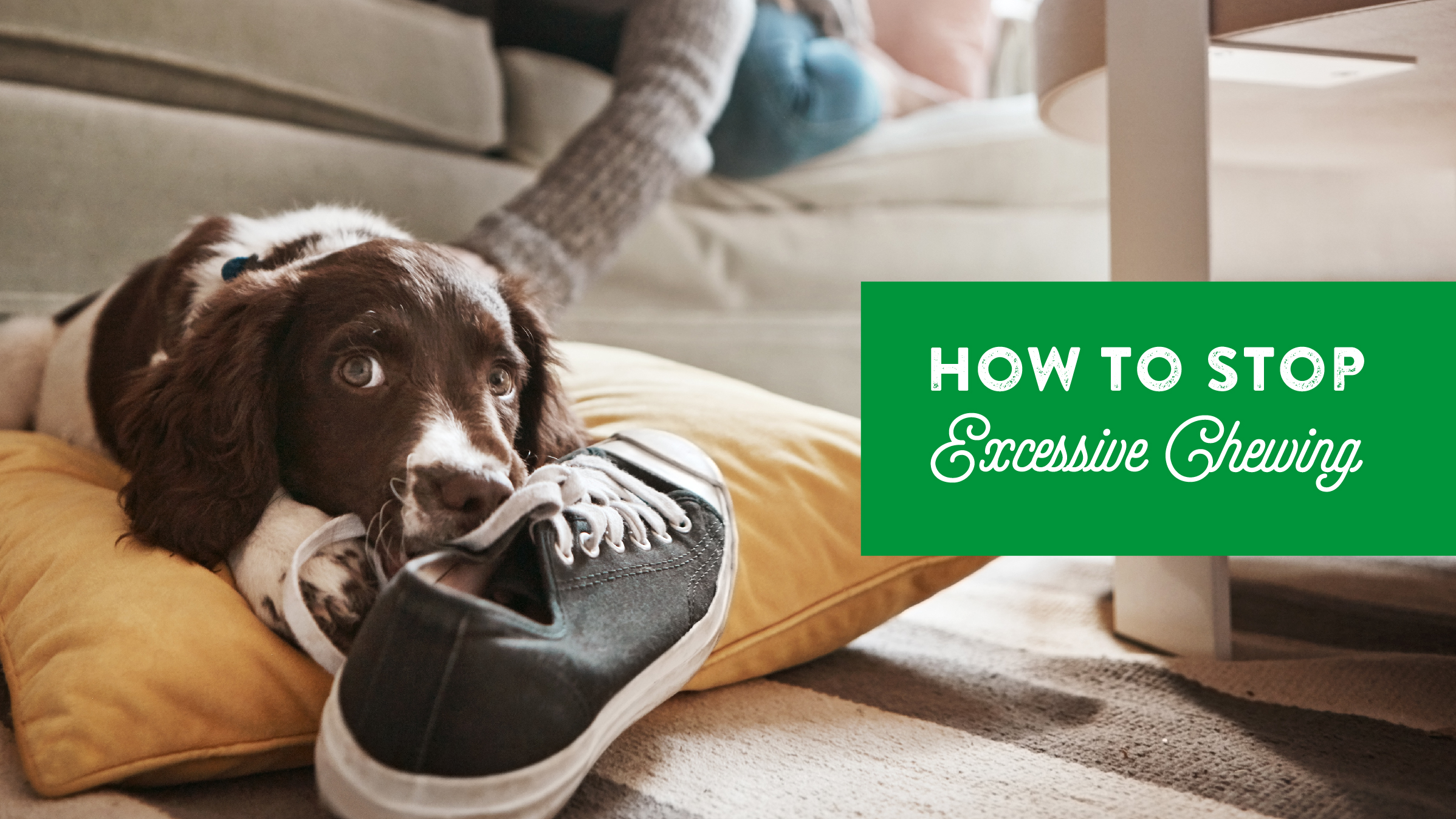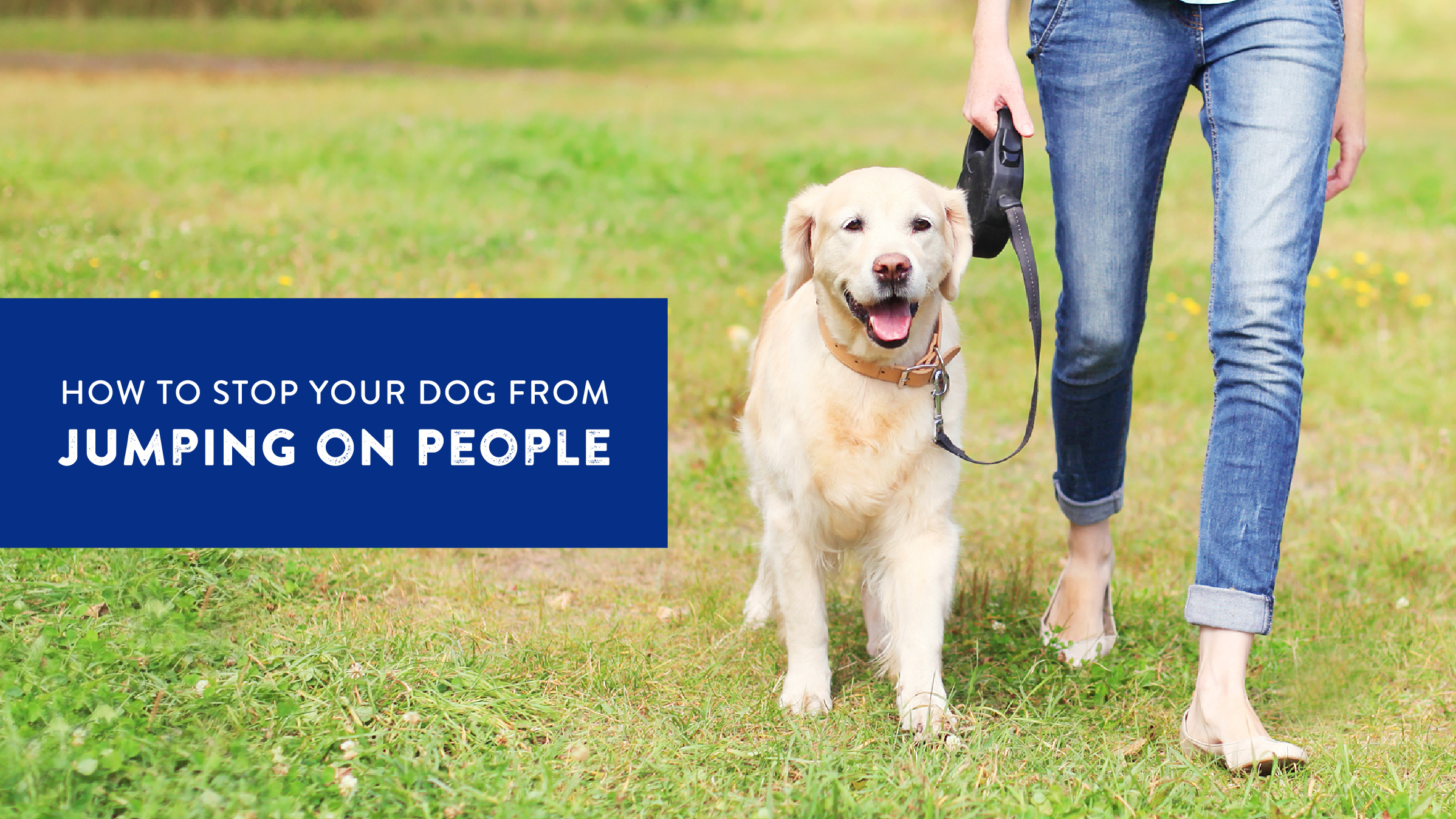By Steve Dale
You are sitting on your couch watching your favorite television program, and it begins. Your dog spots a stranger on the street and begins to bark non-stop. Five minutes into the barking, you have a headache and your patience is wearing thin. Excessive barking is a problem that many dog owners face, but that doesn’t mean it is impossible to change. In fact, there are many ways to train your dog to control his barking.
Remove the motivation
More than likely, your dog is receiving a reward for barking. Figuring out what that motivation is and removing him from the situation is the first step to control his overactive vocal chords. Dogs bark for many reasons, and most often they bark to signal us. Some dogs bark at people, such as a mail carrier or a person riding a bike down the street. As soon as this person leaves, your dog thinks, “I bark and scary things go away.” However, your pup can’t see people if you close the curtains or move him to another room. If you are outside and he begins to bark at other people and/or dogs, this may be an entirely different issue and potentially a serious concern – and you may require guidance from a certified animal behavior consultant. A dog that barks at critters, like squirrels or bunny rabbits, is just – well, being a dog.
Ignore him
As hard as it may be, ignoring your dog’s barking can help control it. In order for it to be effective, do not acknowledge him at all while he barks. As soon as he is quiet, reward him with a treat. This may teach him to associate being quiet as a positive behavior. If you acknowledge him when he is barking, he may associate barking as a way to get your attention.
Teach your dog the “quiet” command
Most of us actually like our dogs to bark as an alert. It’s just that we prefer for there to be an “off” switch. The initial step in this process seems counterintuitive, but you have to teach your dog to bark on command first. Give him the cue “speak,” wait for him to bark a couple of times and put a treat, such as a Vita Bone Artisan Inspired Biscuit, in front of his nose. When he stops barking to eat the treat, give it to him and praise him and say “quiet.” Over time, he learns the reward happens as he is “quiet.” This strategy works on many dogs but may not work for all dogs. Realistic breed predisposition also plays a role, as it seems some dogs are born more opinionated than others.
Give him plenty of exercise
Sufficient mental and physical exercise can minimize barking. A dog is less likely to bark from boredom or frustration if they are well exercised and worn out from a long day of playing. Whether you take them for long walks or play fetch in the yard, less energy at the end of the day means less motivation to bark.



